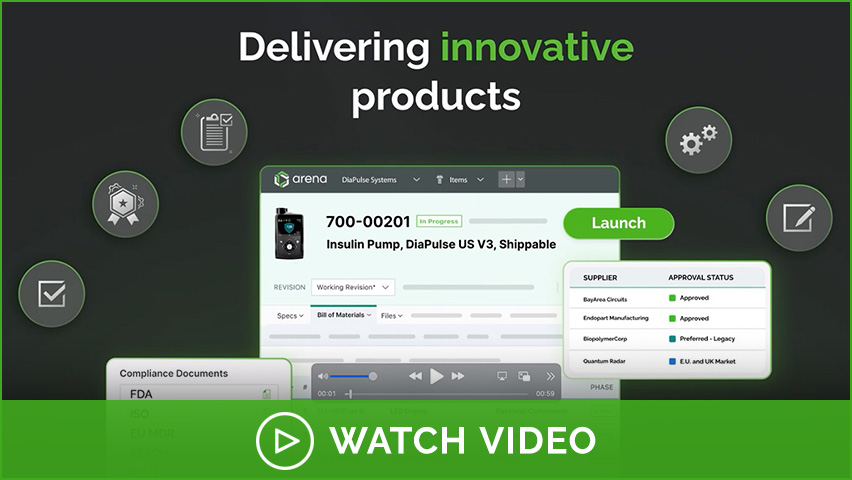-
PLATFORM

-
SOLUTIONS

-
RESOURCES

-
BEST PRACTICE ARTICLES

-
EBOOKS AND WHITEPAPERS

-
Analyst Reports

-
INDUSTRY TRENDS

-
COST SAVINGS CALCULATOR

-
Integration Readiness Calculator

-
SOLUTION BRIEFS

-
BEST PRACTICE ARTICLES
-
CUSTOMERS

-
ABOUT



